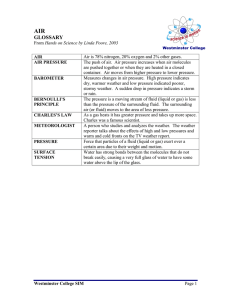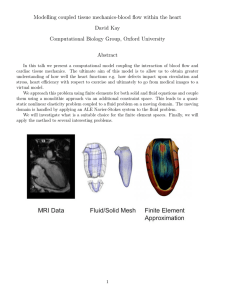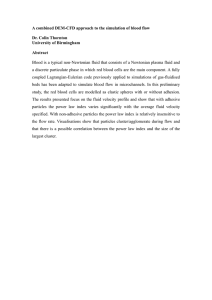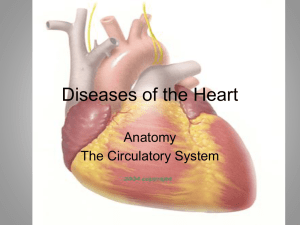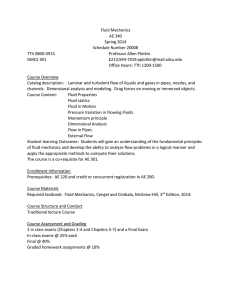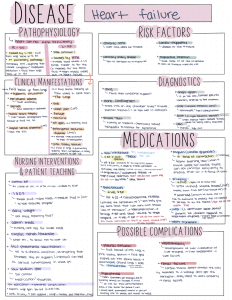Symptoms of Heart Failure and What Causes Them
advertisement
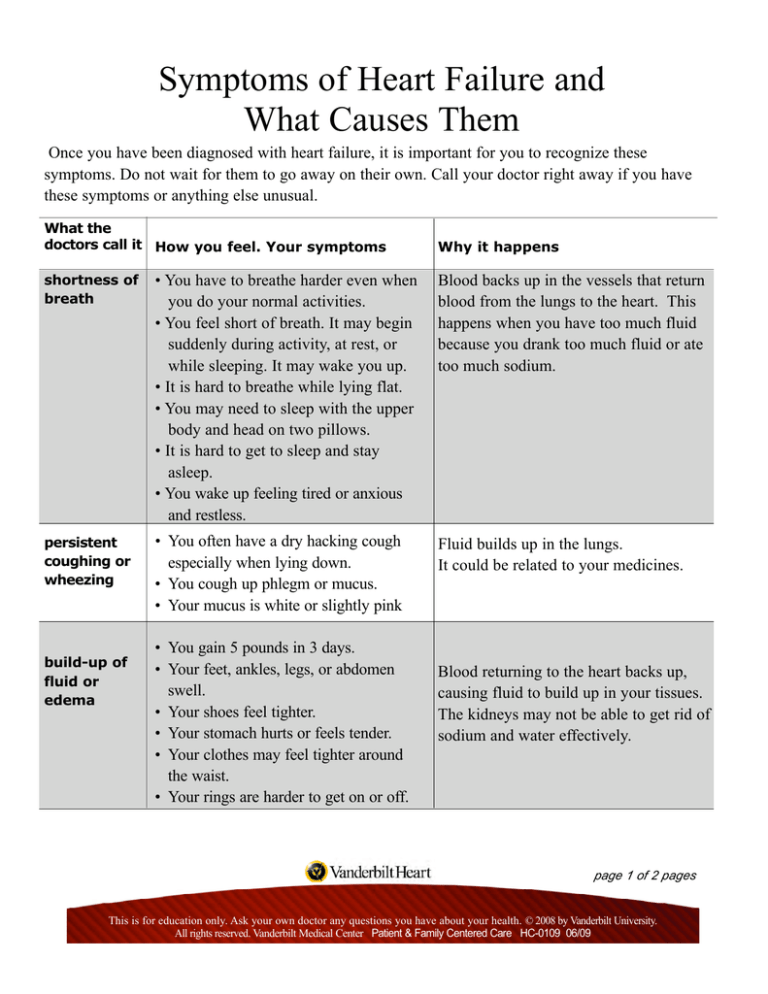
Symptoms of Heart Failure and What Causes Them Once you have been diagnosed with heart failure, it is important for you to recognize these symptoms. Do not wait for them to go away on their own. Call your doctor right away if you have these symptoms or anything else unusual. What the doctors call it How you feel. Your symptoms Why it happens shortness of breath • You have to breathe harder even when you do your normal activities. • You feel short of breath. It may begin suddenly during activity, at rest, or while sleeping. It may wake you up. • It is hard to breathe while lying flat. • You may need to sleep with the upper body and head on two pillows. • It is hard to get to sleep and stay asleep. • You wake up feeling tired or anxious and restless. Blood backs up in the vessels that return blood from the lungs to the heart. This happens when you have too much fluid because you drank too much fluid or ate too much sodium. persistent coughing or wheezing • You often have a dry hacking cough especially when lying down. • You cough up phlegm or mucus. • Your mucus is white or slightly pink Fluid builds up in the lungs. It could be related to your medicines. build-up of fluid or edema • You gain 5 pounds in 3 days. • Your feet, ankles, legs, or abdomen swell. • Your shoes feel tighter. • Your stomach hurts or feels tender. • Your clothes may feel tighter around the waist. • Your rings are harder to get on or off. Blood returning to the heart backs up, causing fluid to build up in your tissues. The kidneys may not be able to get rid of sodium and water effectively. page 1 of 2 pages This is for education only. Ask your own doctor any questions you have about your health. © 2008 by Vanderbilt University. All rights reserved. Vanderbilt Medical Center Patient & Family Centered Care HC-0109 06/09 What the doctors call it How you feel. Your symptoms Why it happens The heart can’t pump enough blood to meet the needs of body. It goes to vital organs like your heart, lungs, kidneys, stomach and away from your legs and arms. • You feel tired all the time. • You feel more tired than usual. • You barely have enough energy to finish shopping, bathing, cooking, or walking. lack of appetite or nausea Your digestive system receives less blood. • You feel like your belly is full. • You feel sick to your stomach. • There’s nothing you want to eat. confusion or impaired thinking Levels of certain substances in the blood are changing. • You forget things. • You feel confused, can’t think straight, feel out of control. increased heart rate Your heart beats faster to make up for the weakness of each heartbeat. • You have heart palpitations. • Your heart feels like it is racing. tiredness and fatigue Patient & Family Centered Care HC-0109 06/09 page 2 of 2 pages
